Summaries of books about Social Theory:
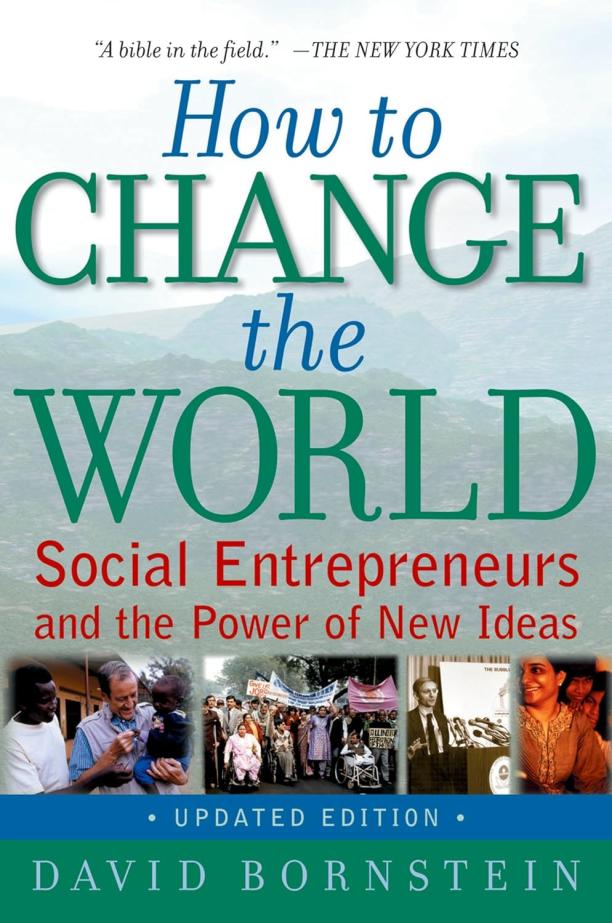
How to Change the World
Social Entrepreneurs and the Power of New Ideas, Updated Edition
David Bornstein
The book profiles social entrepreneurs who have developed innovative solutions to address various social and environmental issues around the world. It explores how these individuals combine practical problem-solving with a vision for change, inspiring readers with their stories and the impact of their work.
See full summary
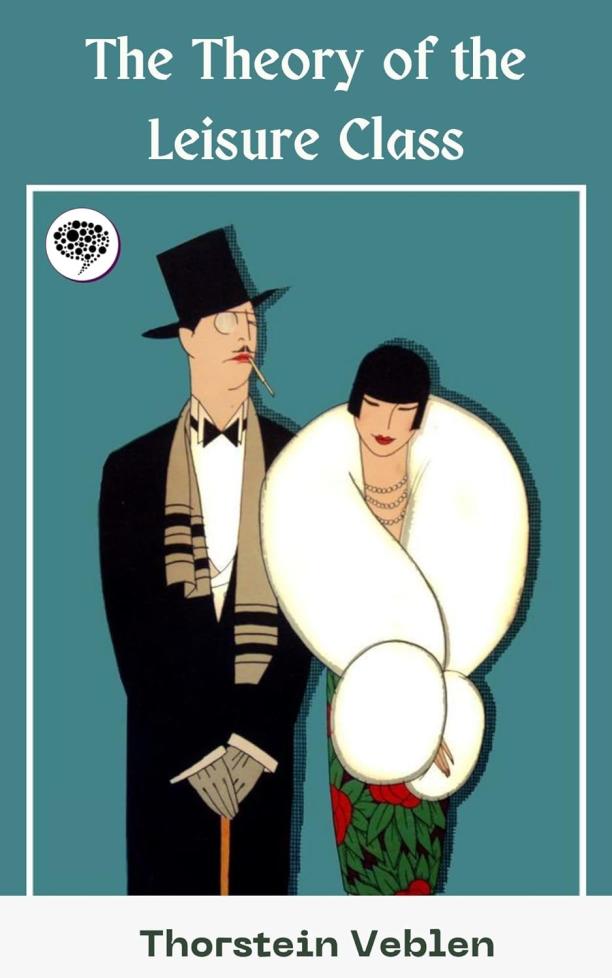
The Theory of the Leisure Class
Thorstein Veblen
The book critically examines the social and economic behaviors of the wealthy, particularly their pursuit of status and conspicuous consumption. It introduces the concept of "pecuniary emulation," where individuals imitate the spending patterns of those above them in the social hierarchy to climb the social ladder.
See full summary
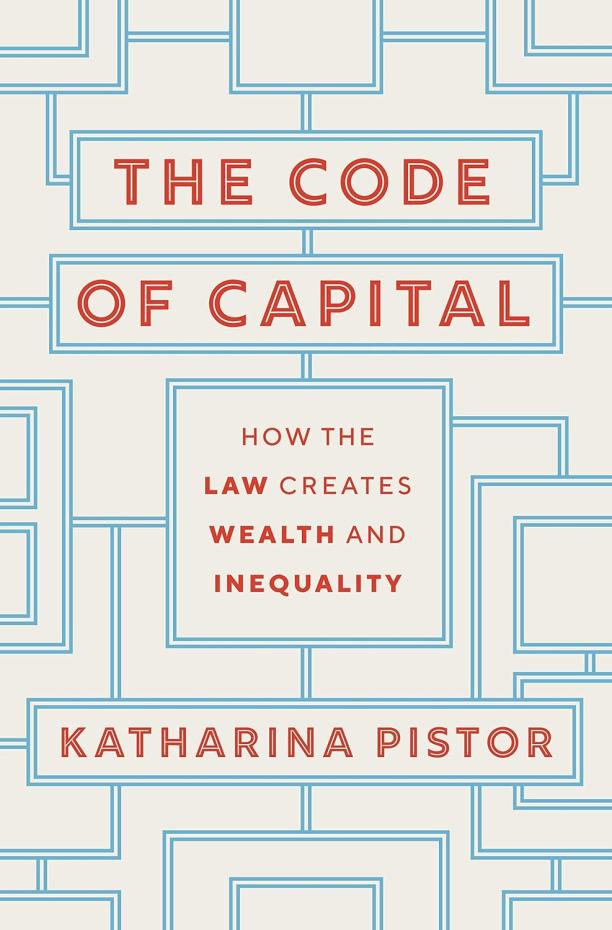
The Code of Capital
How the Law Creates Wealth and Inequality
Katharina Pistor
The book examines how laws and regulations are designed to protect and enhance the value of certain assets, thereby creating wealth for their owners. It argues that this legal coding of capital contributes to increasing inequality by favoring the interests of the wealthy elite over the rest of society.
See full summary

Here Comes Everybody
The Power of Organizing Without Organizations
Clay Shirky
The book explores the impact of the internet on group dynamics and social organization, illustrating how digital tools enable people to collaborate and mobilize without traditional hierarchical structures. It delves into case studies and theoretical frameworks to show how these new forms of collective action can disrupt established institutions and change the way society operates.
See full summary
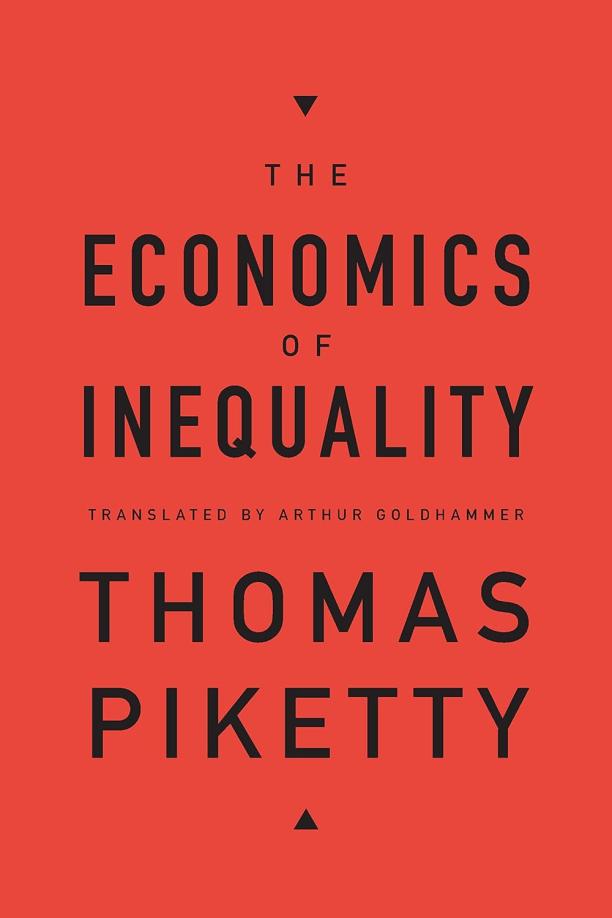
The Economics of Inequality
Thomas Piketty
The book delves into the causes and consequences of economic disparities, analyzing historical trends and the role of political and economic institutions in shaping inequality. It also discusses potential policies and reforms aimed at reducing inequality and promoting more equitable wealth distribution.
See full summary
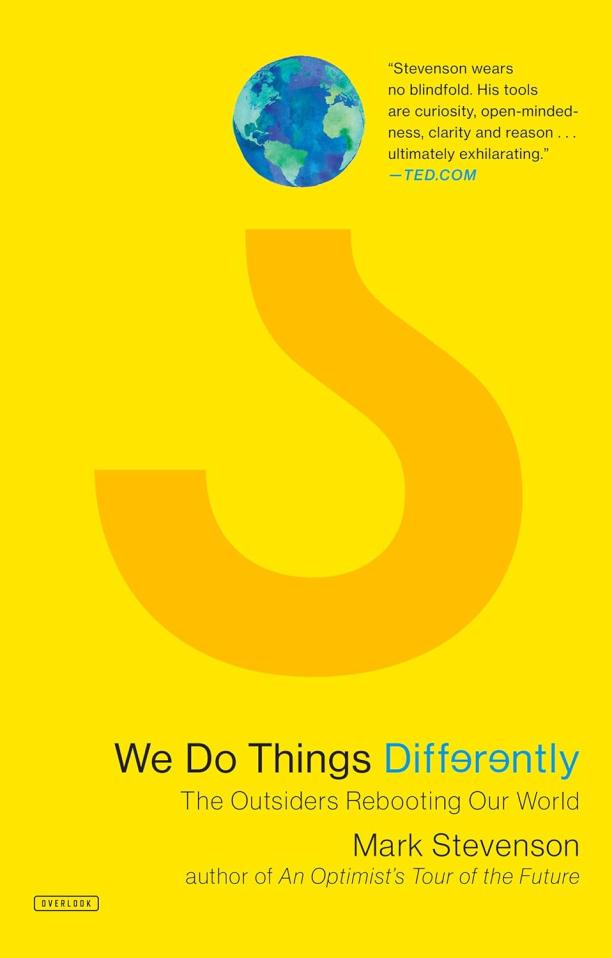
We Do Things Differently
The Outsiders Rebooting Our World
Mark Stevenson
The book explores innovative approaches to global challenges by profiling individuals and organizations around the world that are employing unconventional methods to solve problems in areas such as energy, food, education, and healthcare. It presents a hopeful vision of the future by showcasing these trailblazers who are creating sustainable and transformative solutions outside of traditional systems.
See full summary

The Precariat
The New Dangerous Class
Guy Standing
The book explores the emergence of a new social class characterized by economic insecurity, unstable labor, and loss of traditional employment benefits. It discusses the political implications and potential for social unrest stemming from this group's precarious living conditions and uncertain future.
See full summary

Crowds and Power
Elias Canetti
The book is a philosophical treatise exploring the dynamics, psychology, and phenomena of crowds, delving into their behavior, influence, and the power they exert. It examines different types of crowds and the impact of leaders, symbols, and rituals on collective behavior across various cultures and historical periods.
See full summary
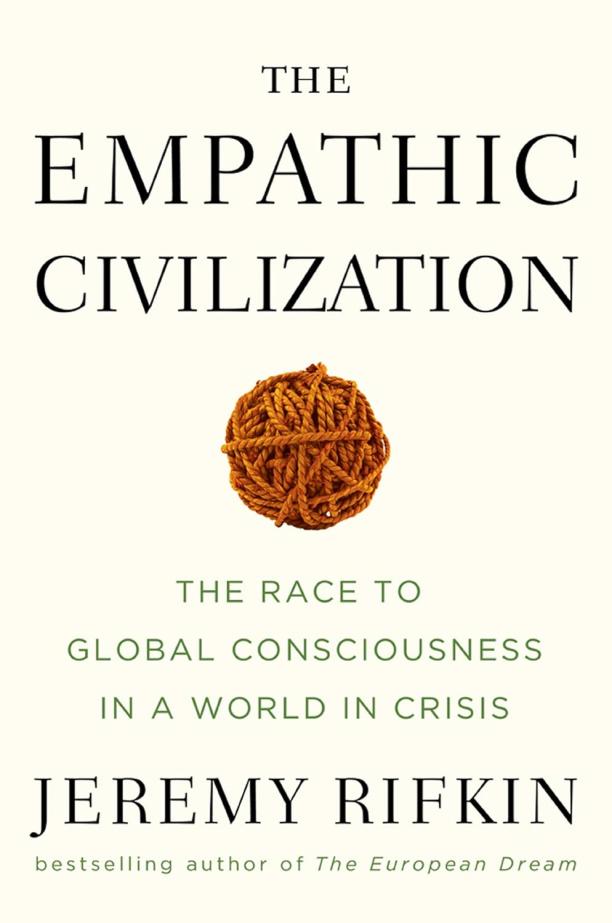
The Empathic Civilization
The Race to Global Consciousness in a World in Crisis
Jeremy Rifkin
The book explores the evolution of empathy within human societies, arguing that our ability to empathize has expanded in tandem with technological progress, leading to increasingly interconnected global relationships. Rifkin contends that this growing empathic sensitivity could be pivotal in addressing the world's environmental and social crises by fostering a global consciousness and cooperation.
See full summary
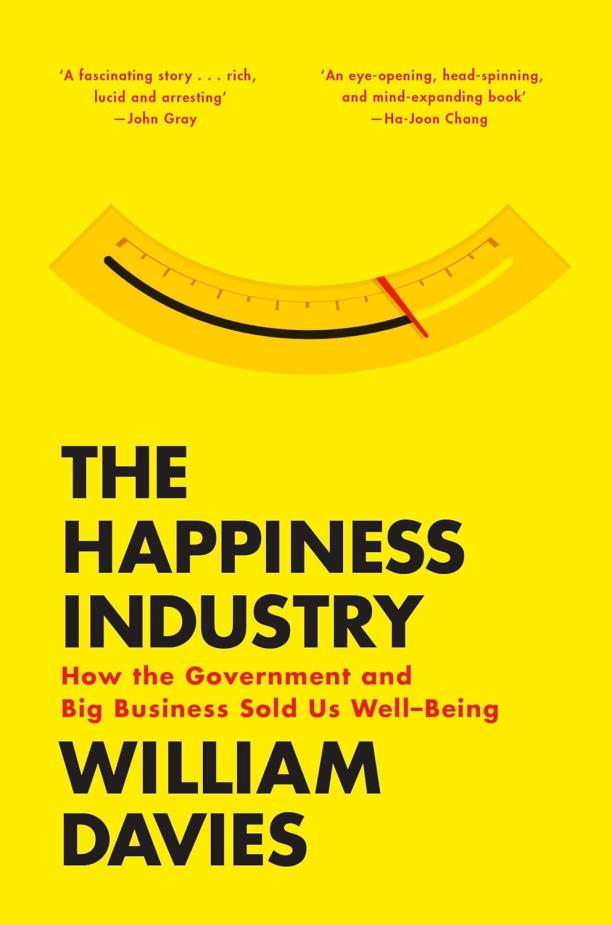
The Happiness Industry
How the Government and Big Business Sold us Well-Being
William Davies
The book critically examines the intersection of psychology, economics, and technology in the pursuit of happiness, arguing that governments and corporations have co-opted the concept of well-being to serve their own interests. It explores the ways in which our emotions are quantified and manipulated to align with market and political objectives, often at the expense of genuine personal fulfillment.
See full summary